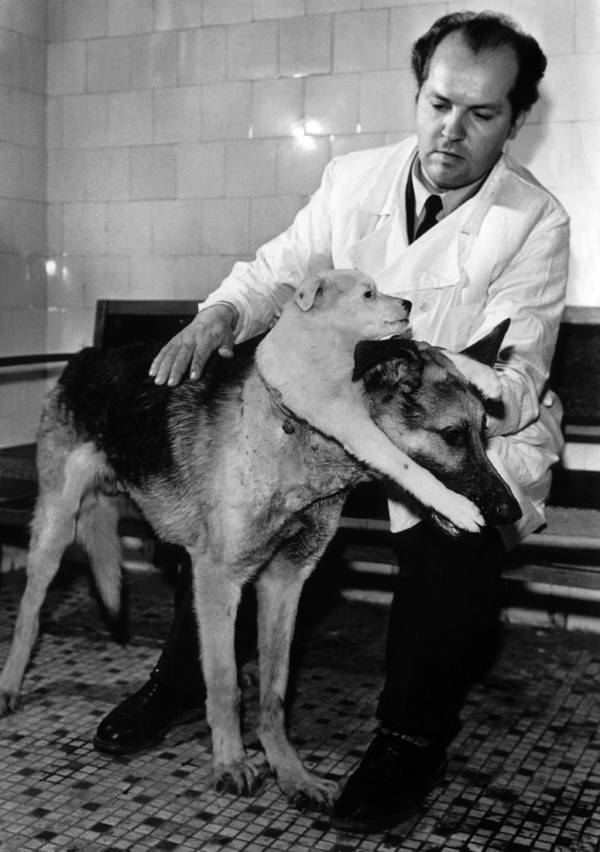Ed Sanders, Tuli Kupferberg, and Ken Weaver wanted to call the band they formed in 1964 "The Fucks." That obviously didn't fly in those days, so they borrowed the sound-alike that Norman Mailer had used in "The Naked and the Dead:" "fug."
Sanders and Kupferberg were poets and part of the NY scene that included Allen Ginsberg and William S. Burroughs. I liked Ginsberg's "Howl" and was blown away by Burroughs, especially "Nova Express." I discovered The Fugs in 1966 mainly due to their antiwar stance. I was 18 and struggling to stay out of the draft, so their savagely satirical, scatological lyrics against the war appealed to me greatly.
I especially loved their third album, "It Crawled Into My Hand, Honest." "Wide Wide River" is still a pretty accurate description of the situation we find ourselves in.
The album also includes one of the weirdest and greatest songs ever written: the Country-Western lament "Rameses the Second is Dead, My Love."
The Fugs continued to play and record into the 2000s, jamming with the likes of Lou Reed, Sonic Youth, Patti Smith, and Ray Davies.
P.


